Plastic pollution is one of the world’s most pressing environmental issues. The 14m tons of plastic entering the ocean each year damages marine ecosystems and human health, and the scale of this crisis demands urgent action.
Economist Impact convened the Global Plastics Summit in October 2023 in Bangkok, supported by The Nippon Foundation and the Minderoo Foundation and held in association with the Back to Blue initiative. The summit took place one month before the start of the third session of the Intergovernmental Negotiating Committee (INC) for a UN plastics treaty and weeks after the release of a “zero draft” of that treaty.
The Global Plastics Summit aimed to enable stakeholders from government, the science community, non-governmental organisations (NGOs) and the private sector to debate the details of the zero draft and identify aspects that are unclear or require further examination. Critically, the summit saw stakeholders examine the key themes that arose during the first and second sessions of the negotiating committee (INC-1 and INC-2) and had not been fully anticipated before negotiations opened. Held during the intersessional period between INC-2 and INC-3, the summit enabled a wider group of stakeholders to have their voices heard than the formal programme of intersessional meetings had allowed for.
The Global Plastics Summit focused specifically on several areas of the zero draft that stakeholders identified during INC-2 as key to the treaty’s success. These included the role of science, the health implications of plastics, the unique circumstances that small island developing states (SIDS) face, the role of reuse systems and ways to ensure treaty negotiations are as inclusive as possible.
The recommendations in this report reflect the synthesised views of the 381 participants, from 56 countries, who attended the summit. They do not necessarily reflect the positions of all individual participants, many of whom took part in a robust exchange of ideas. Nevertheless, important themes and areas of consensus emerged.
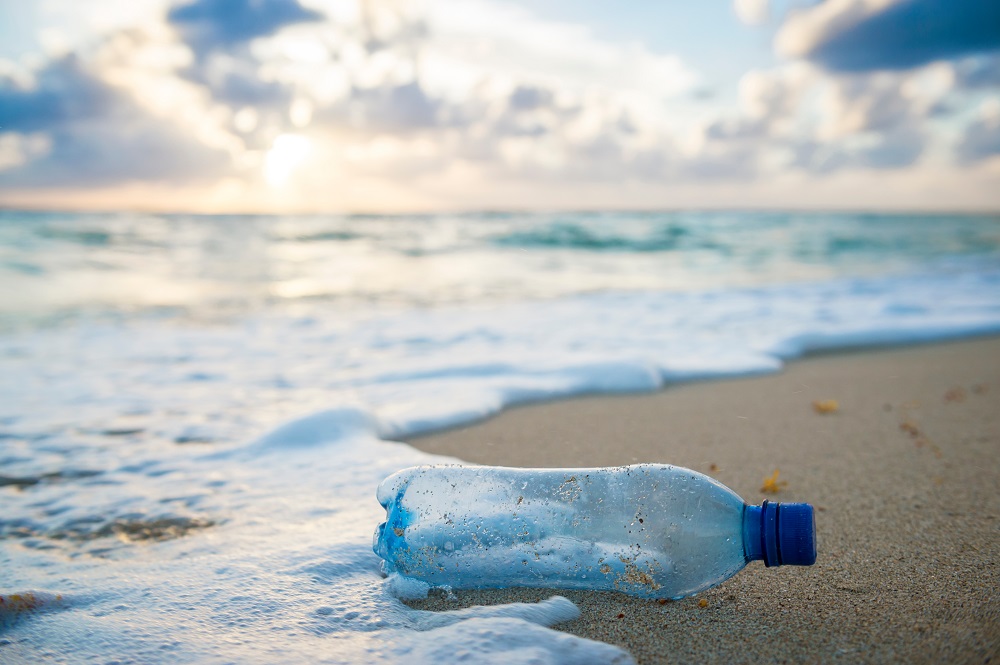
Participants agreed that the negotiation process must deliver a comprehensive treaty that encompasses the full life cycle of plastics. The treaty must include measures to protect human and environmental health by reducing plastic production and increasing incentives for reuse, product redesign and recycling. Policies to support the transition to a circular economy, including extended producer responsibility (EPR), will be an essential part of this.
A strong consensus emerged among participants about the urgent need for treaty negotiators from global south countries, and SIDS in particular, to access the scientific and technical support that would enable them to participate in the negotiations meaningfully. Margaret Spring, chief conservation and science officer at the Monterey Bay Aquarium and chair of the International Science Council’s working group on plastics, invited negotiators to ask the scientific community for assistance. “We are here to help,” she said. “Tell us—and the [INC] Secretariat—what you need.” The mechanism for requesting support could be informal during the negotiation period, but a robust and institutionalised science-policy interface (SPI) will be crucial to support the treaty’s implementation after it is signed.
The United Nations Environment Programme (UNEP) has set an ambitious timeline for the treaty, which it hopes to sign before the end of 2024. With negotiations at the halfway point, most participants in the Global Plastics Summit expressed cautious optimism about the process. The treaty draft provides a wide range of options and gives negotiators a solid basis to begin their work, said Gonzalo Guaiquil, climate change and plastics negotiations co-ordinator at the directorate of environment, climate change and oceans in Chile’s ministry of foreign affairs.
Yet some participants, particularly scientists and representatives of NGOs, expressed concern that the lack of clear definitions and detail in the draft, especially the appendices, will weaken the treaty. Christina Dixon, ocean campaign leader at the Environmental Investigation Agency, said that agreeing on which provisions and targets must be decided by the end of 2024, and which can be taken as decisions by the future governing body, will be a priority for the upcoming round of negotiations. She noted that the treaty will need to take a “start and strengthen” approach.
How to finance the treaty’s implementation is a pressing question. Large amounts of public and private capital will be needed, and a mechanism to provide financial support to global south countries, for purposes including upstream solutions such as reduction and reuse, will be critical to ensure that the transition to a circular economy for plastics is fair and just.
Much remains to be done. Negotiators must urgently agree on the treaty’s key definitions, principles and scope. Signing by the end of 2024 will take an ambitious programme of intersessional work between the formal negotiations.
Just do it.
– Viliame Gavoka, deputy prime minister and minister for tourism and civil aviation, Fiji
EXPLORE MORE CONTENT ABOUT THE OCEAN
THANK YOU
Thank you for your interest in Back to Blue, please feel free to explore our content.
CONTACT THE BACK TO BLUE TEAM
If you would like to co-design the Back to Blue roadmap or have feedback on content, events, editorial or media-related feedback, please fill out the form below. Thank you.










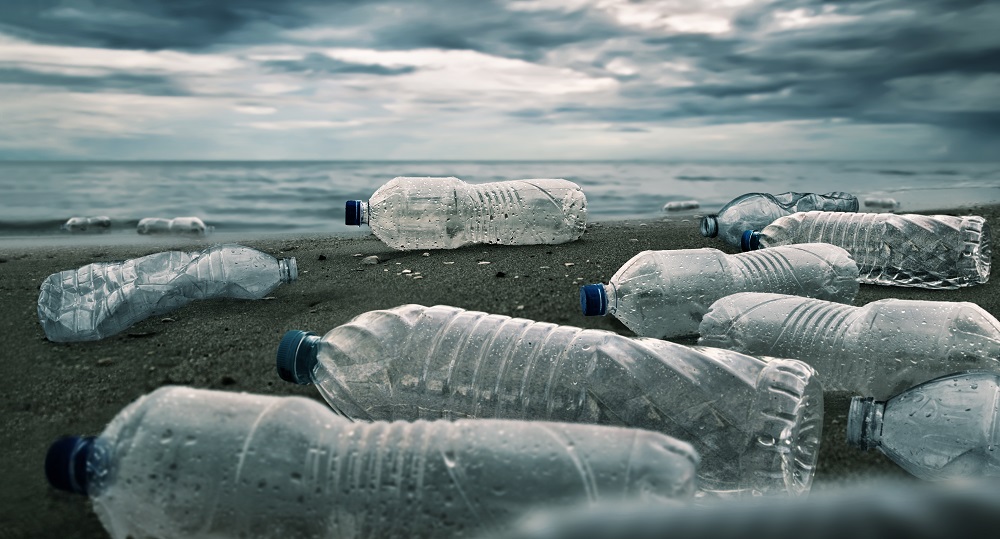
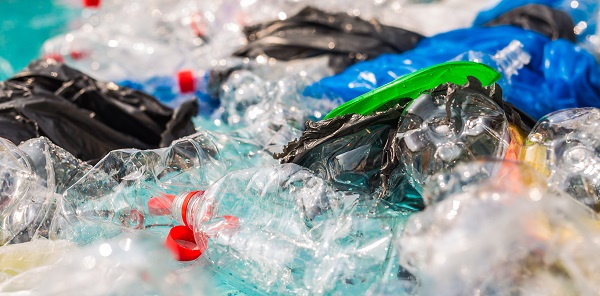

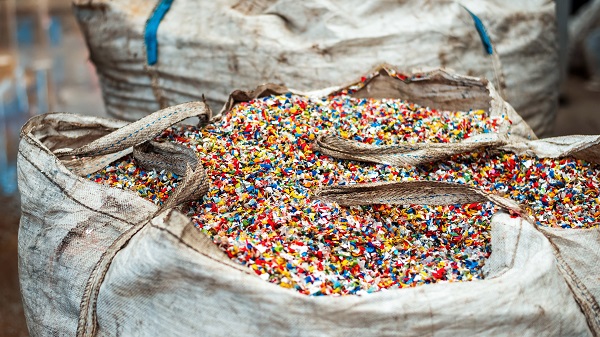
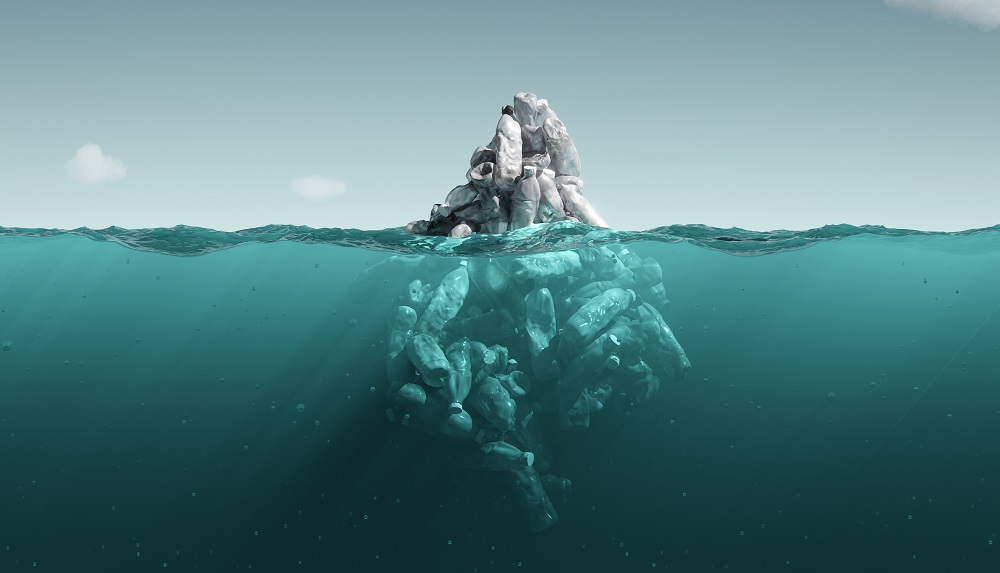
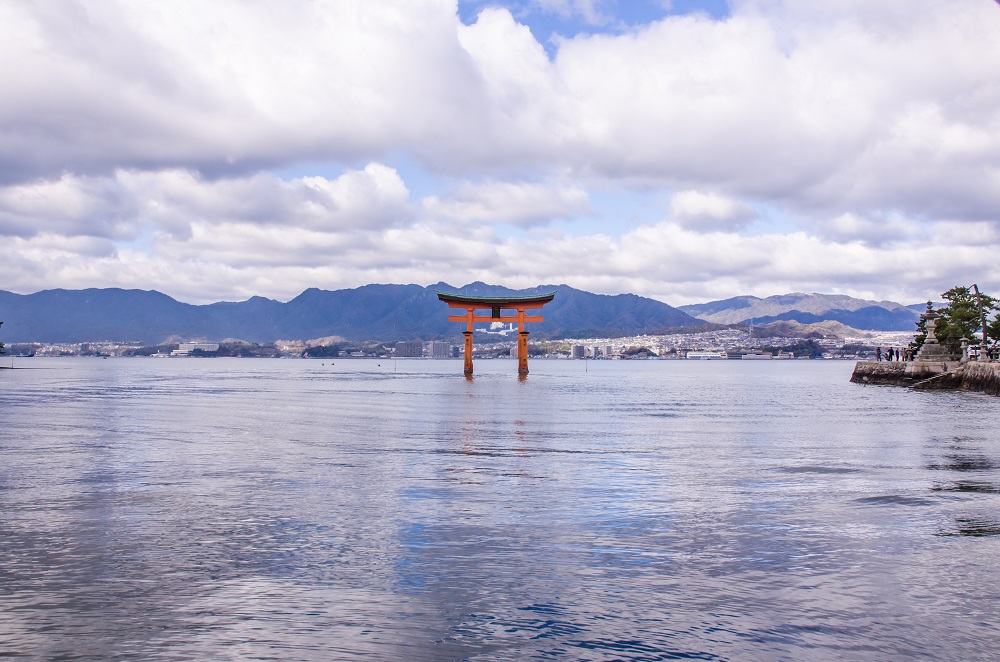
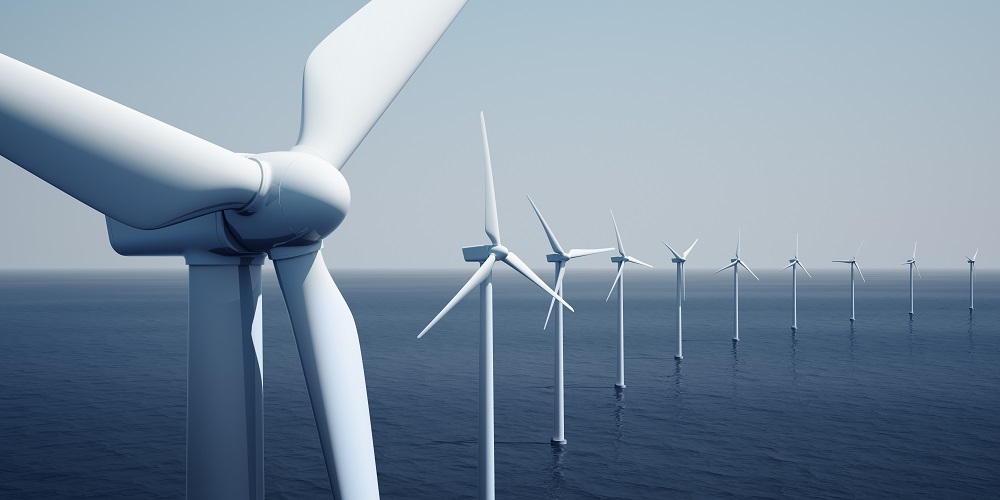
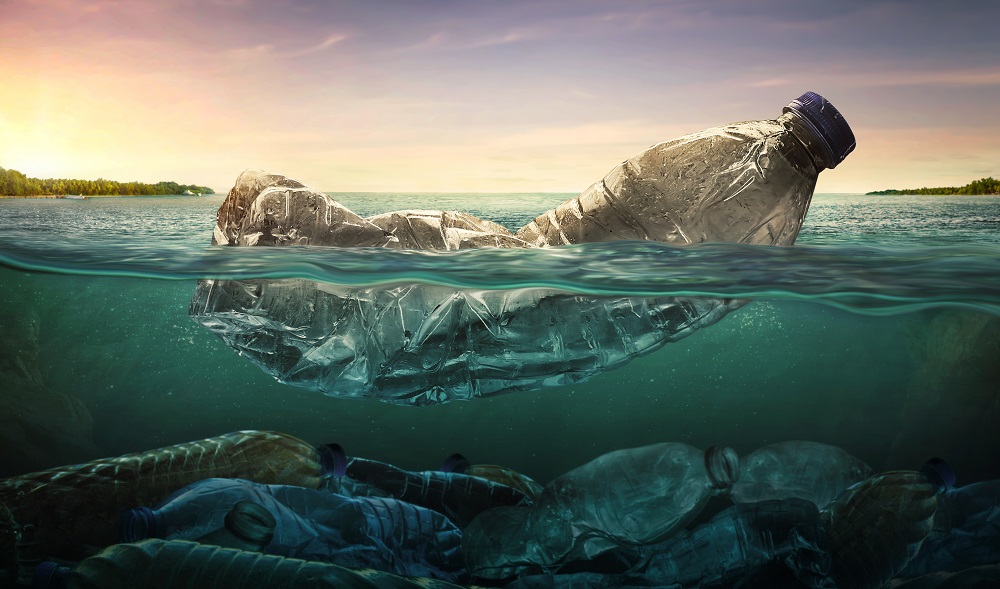
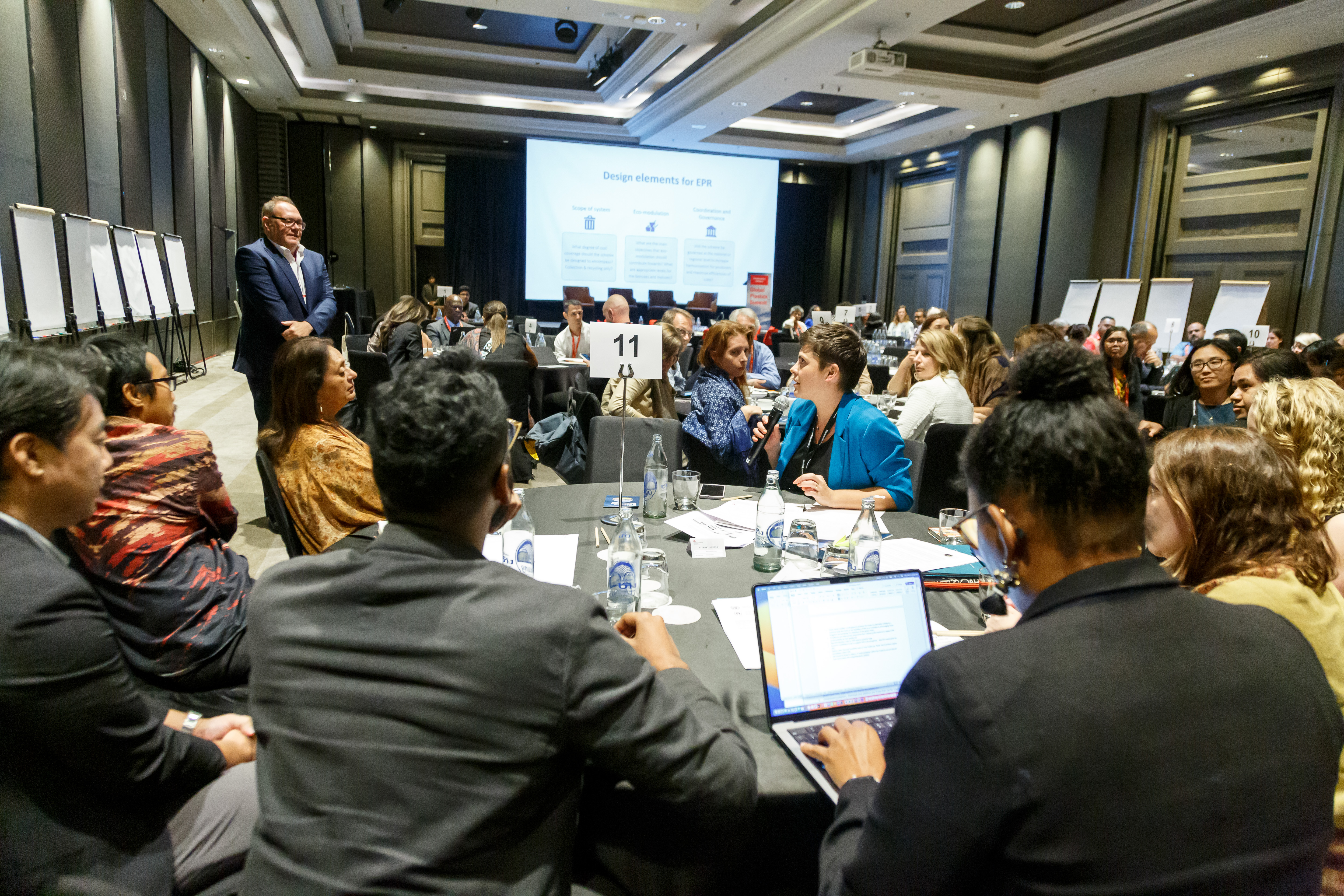



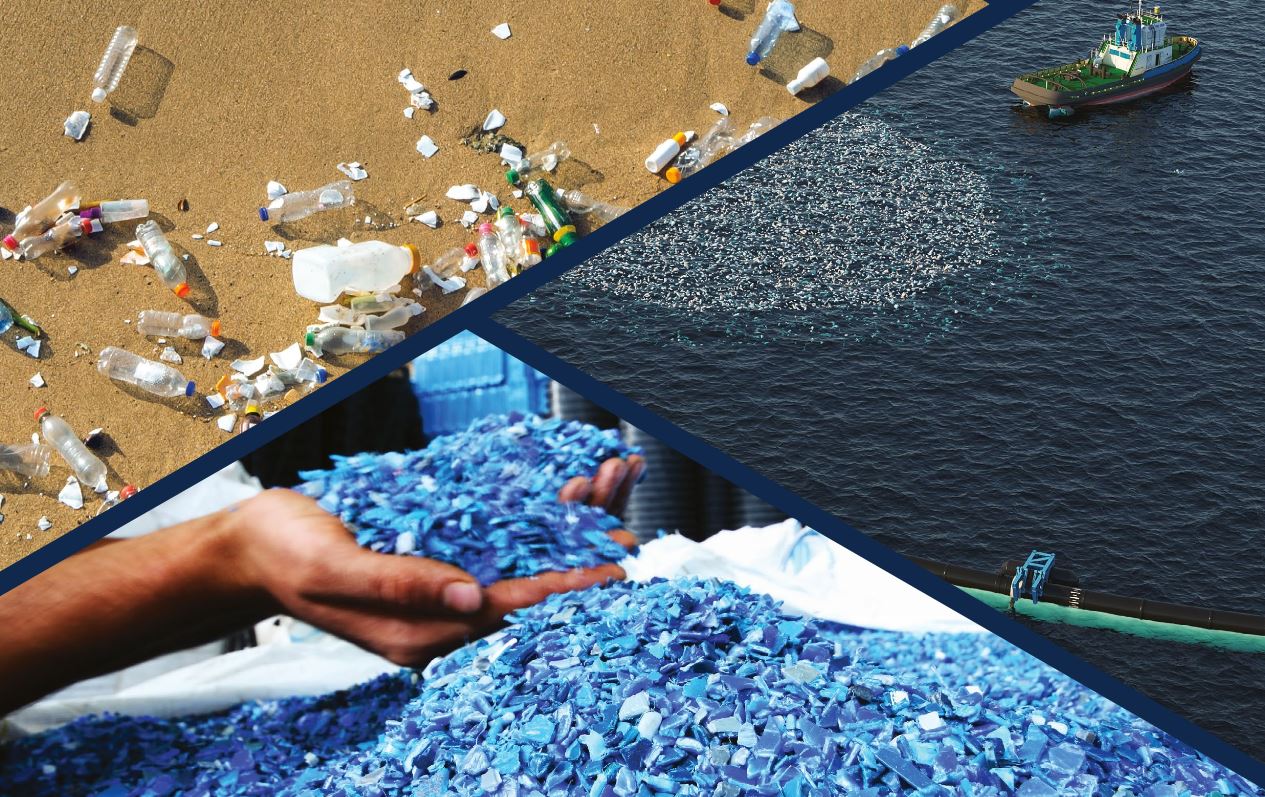
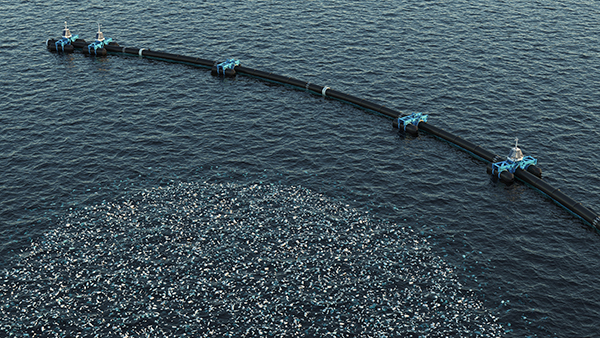
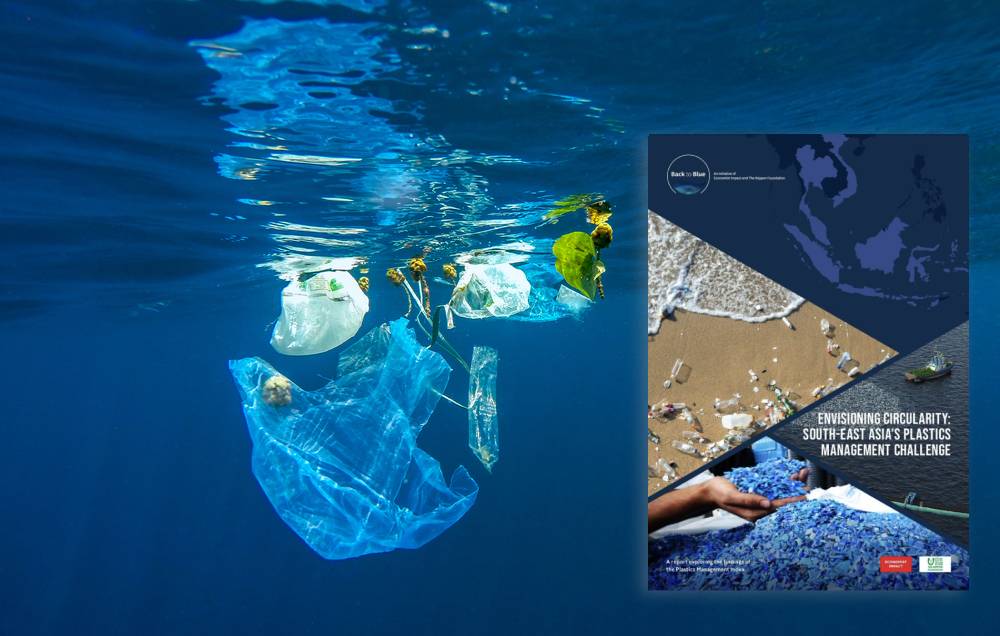

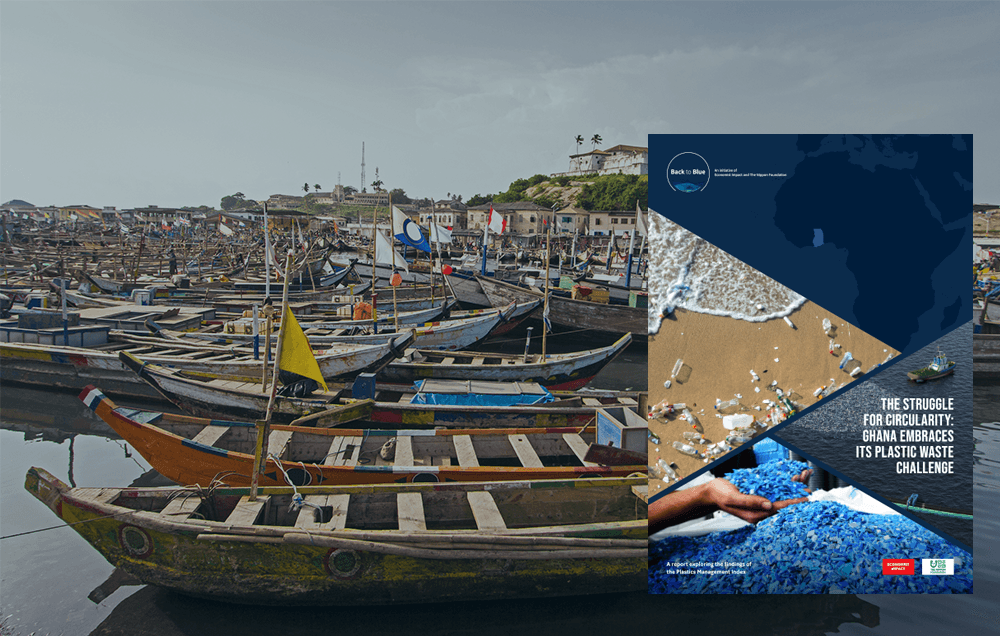

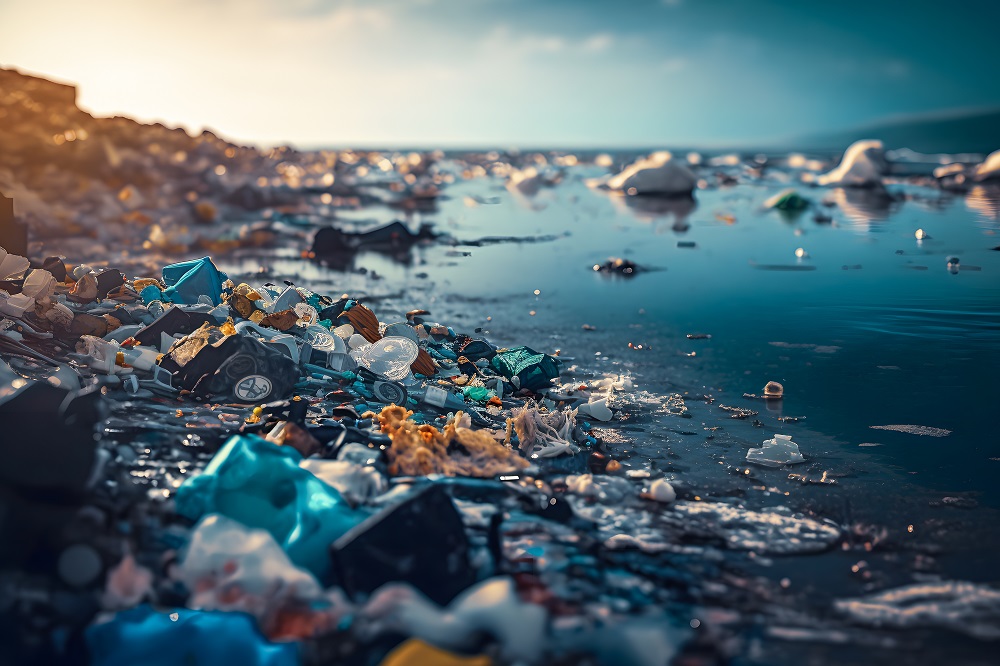
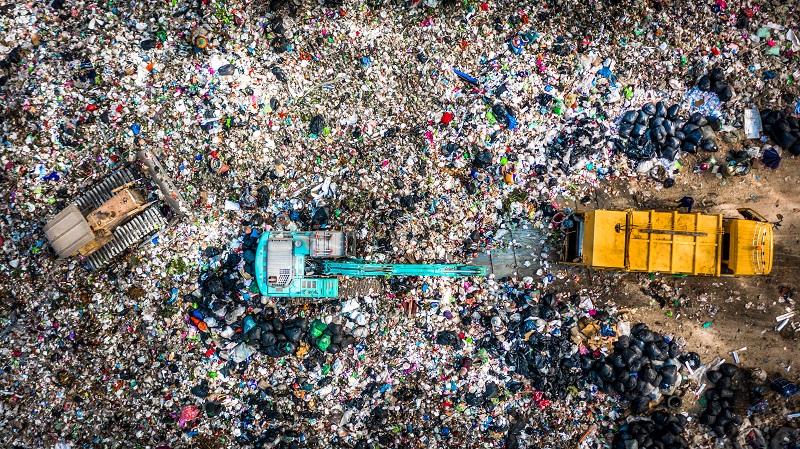
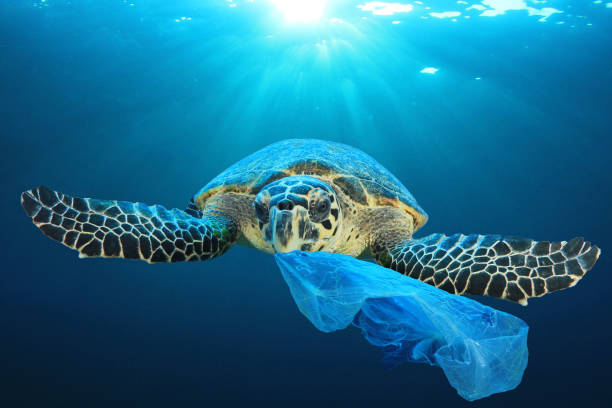
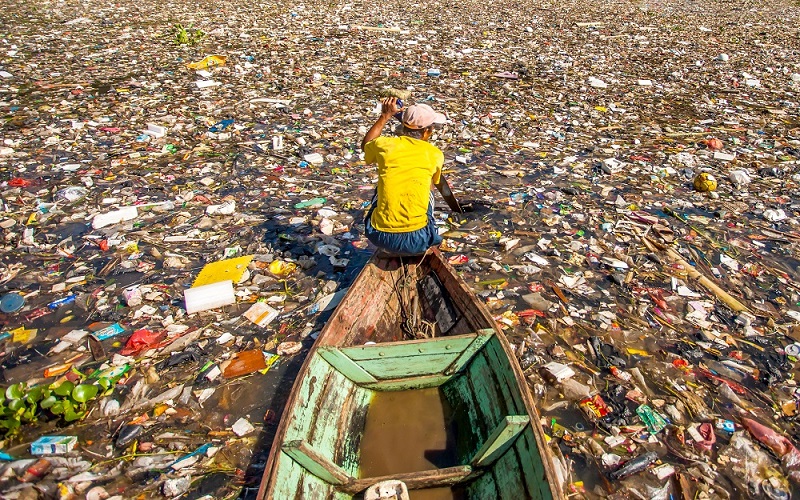
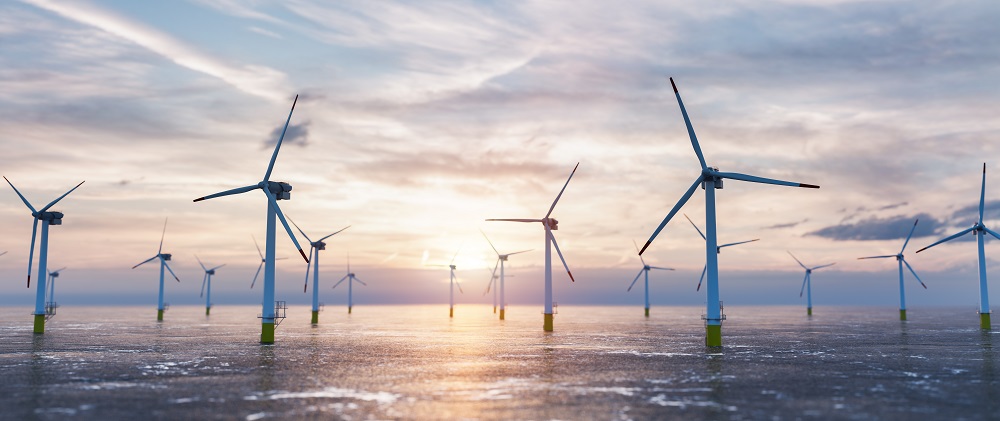 Affiliated contentWhy Offshore Wind Needs Looking After
Affiliated contentWhy Offshore Wind Needs Looking After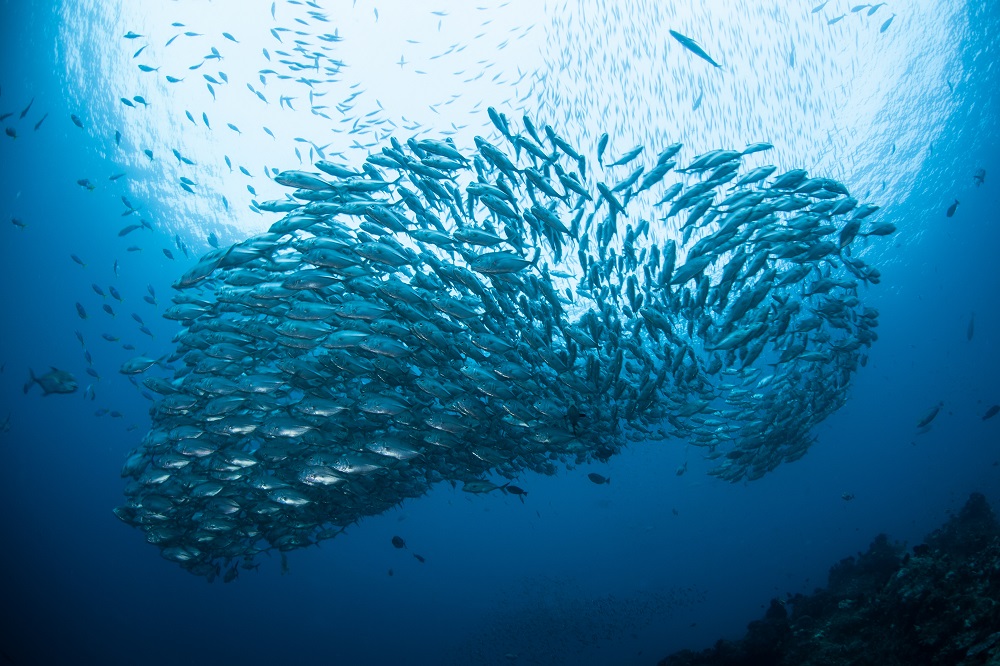 Affiliated contentA global initiative to boost commitment on tackling ocean acidification ">
Affiliated contentA global initiative to boost commitment on tackling ocean acidification ">